Looking for your input…
Do you want to contribute to a University Steering Group?
Last month, approval was provided by the University’s Research Degree Committee for a brand new Postgraduate Researcher Development Steering Group to provide direction to postgraduate researcher development at BU, and I am recruiting members.
There will be 2 meetings per academic year and ad-hoc if required. Some of the main responsibilities include:
- Develop and enhance the strategic direction, nature, quality, development and delivery of the University’s provision of researcher development for postgraduate research students (PGRs) which reflect the needs of all PGRs.
- Guide centrally and faculty provided researcher development provisions promoting complimentary support of both increasing the personalisation of support for PGRs.
- Evaluate University-wide PGR researcher development provisions, to ensure all programme content is maintained at a high standard and aligns with the university strategic priorities under BU2025.
- Promote the benefits of facilitation of researcher development to staff and the benefits of engaging with researcher development to PGRs.
- Enhance the overall PGR student experience at BU.
See the full Terms of Reference for details on the Steering Group if you are interested in becoming a member.
Please submit your Expression of Interest, including a half-page as to why you are interested, the knowledge, skills and experience you can bring to the group, via email to Natalie at pgrskillsdevelopment@bournemouth.ac.uk by midday, Friday 1 November.
Membership available:
– PGR Student Champion: 1 per Faculty (open to all PGRs)
– Academic Champion: 1 per Faculty (ideally an active PGR supervisor)
– Early Career Researcher: 1 representative
Expressions of Interest will be assessed by the Chair and Deputy Chair of the Steering Group, we look forward to receiving them.
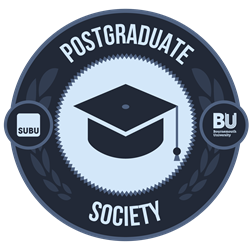
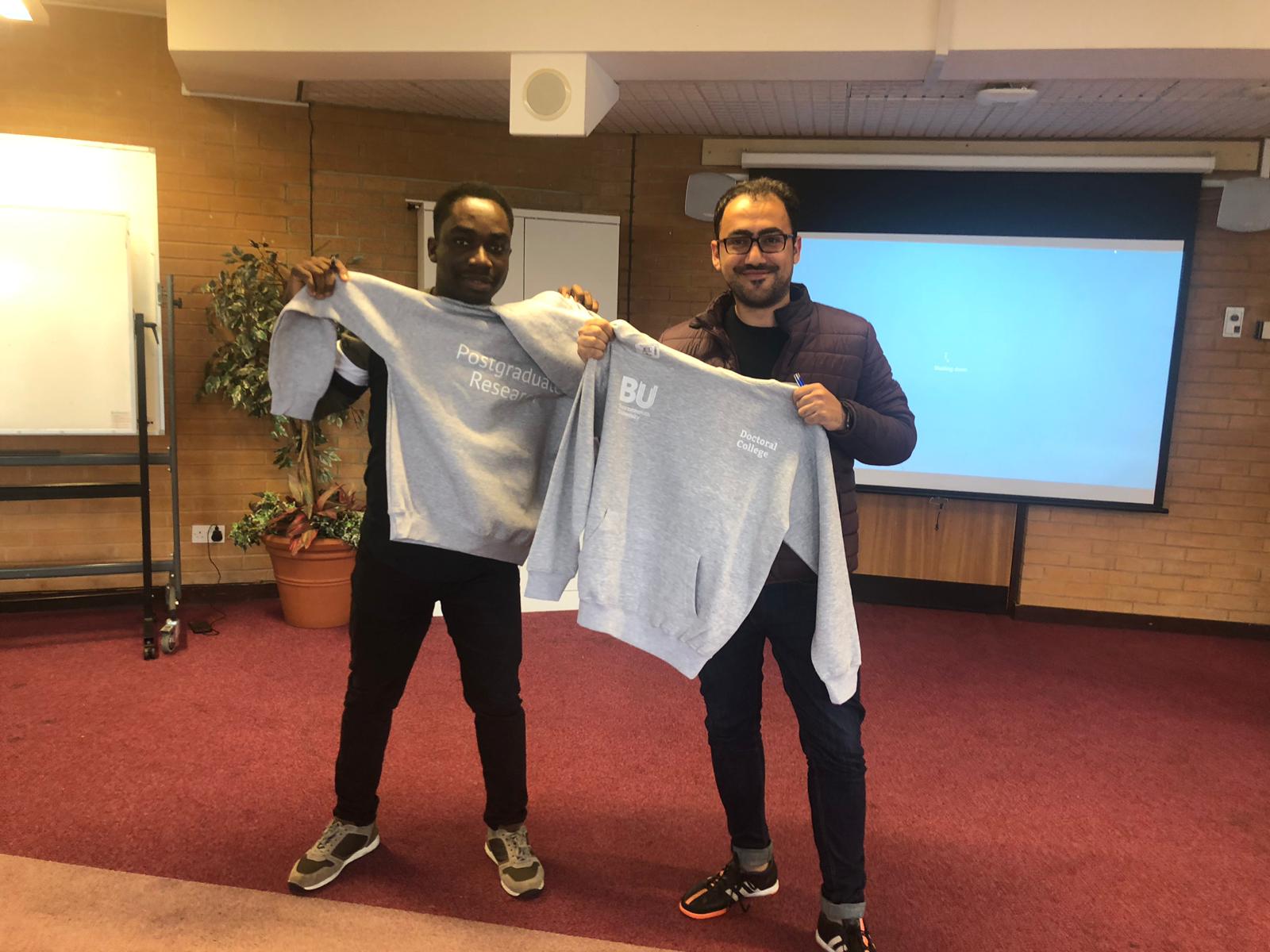
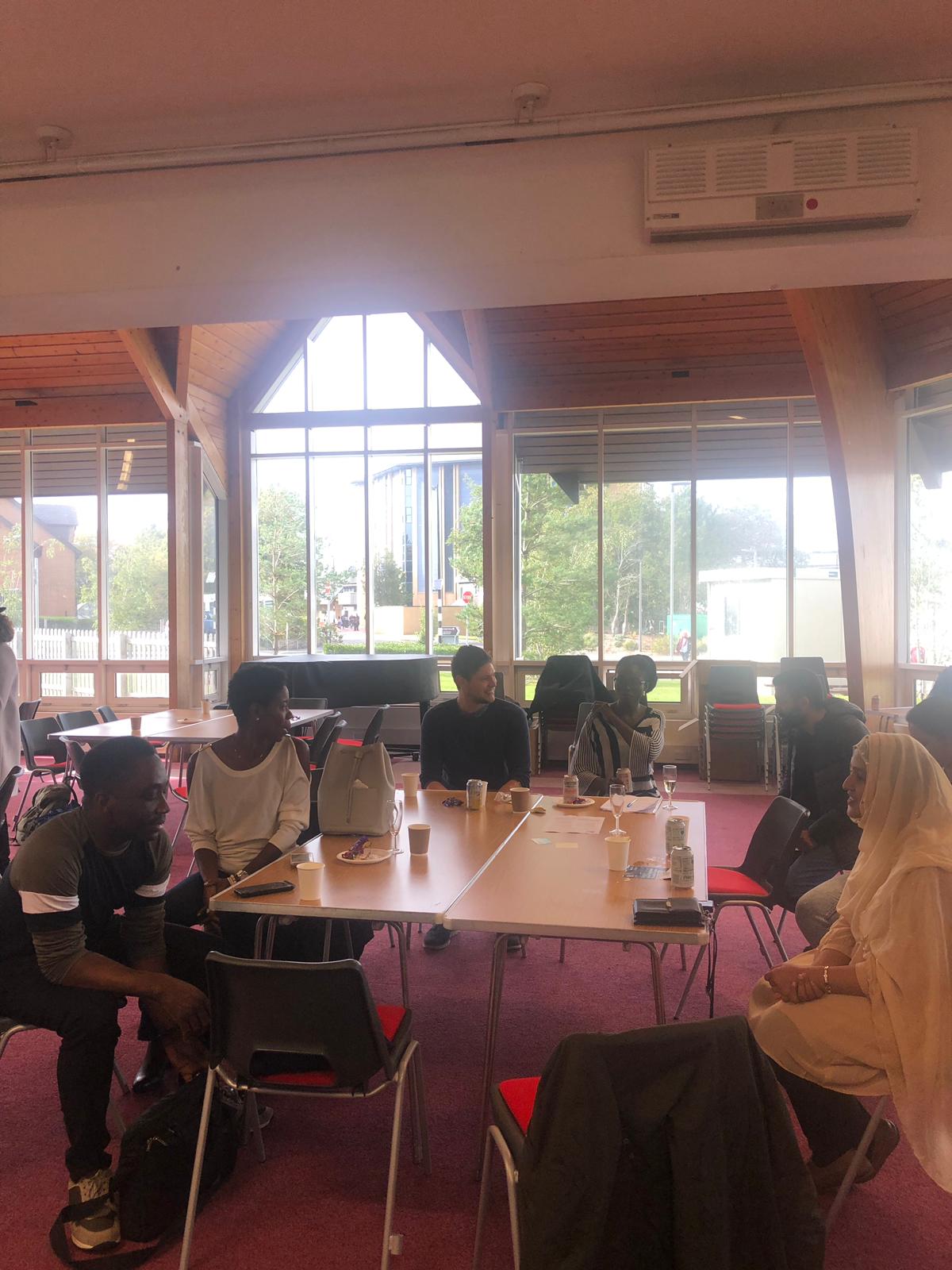
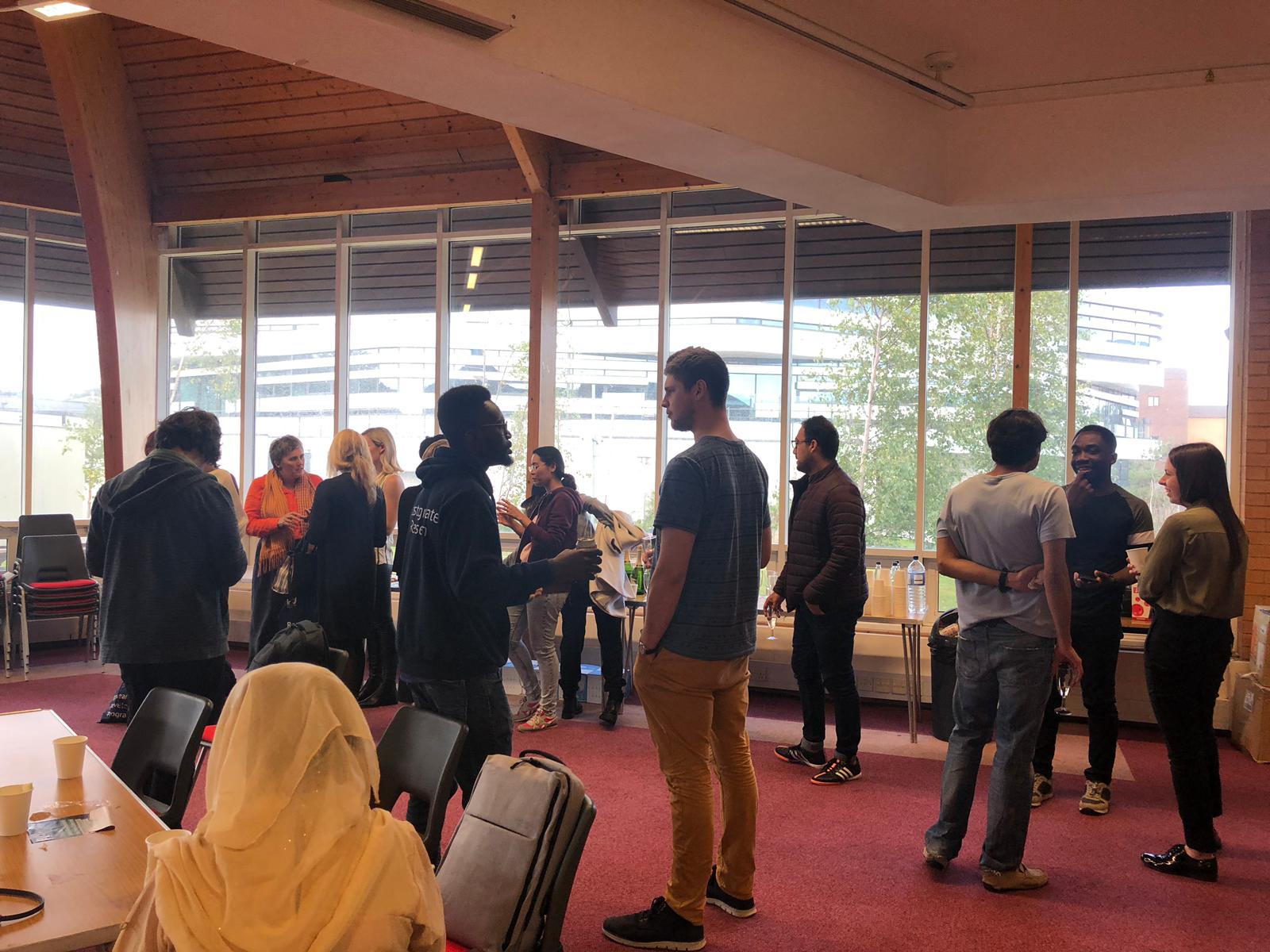
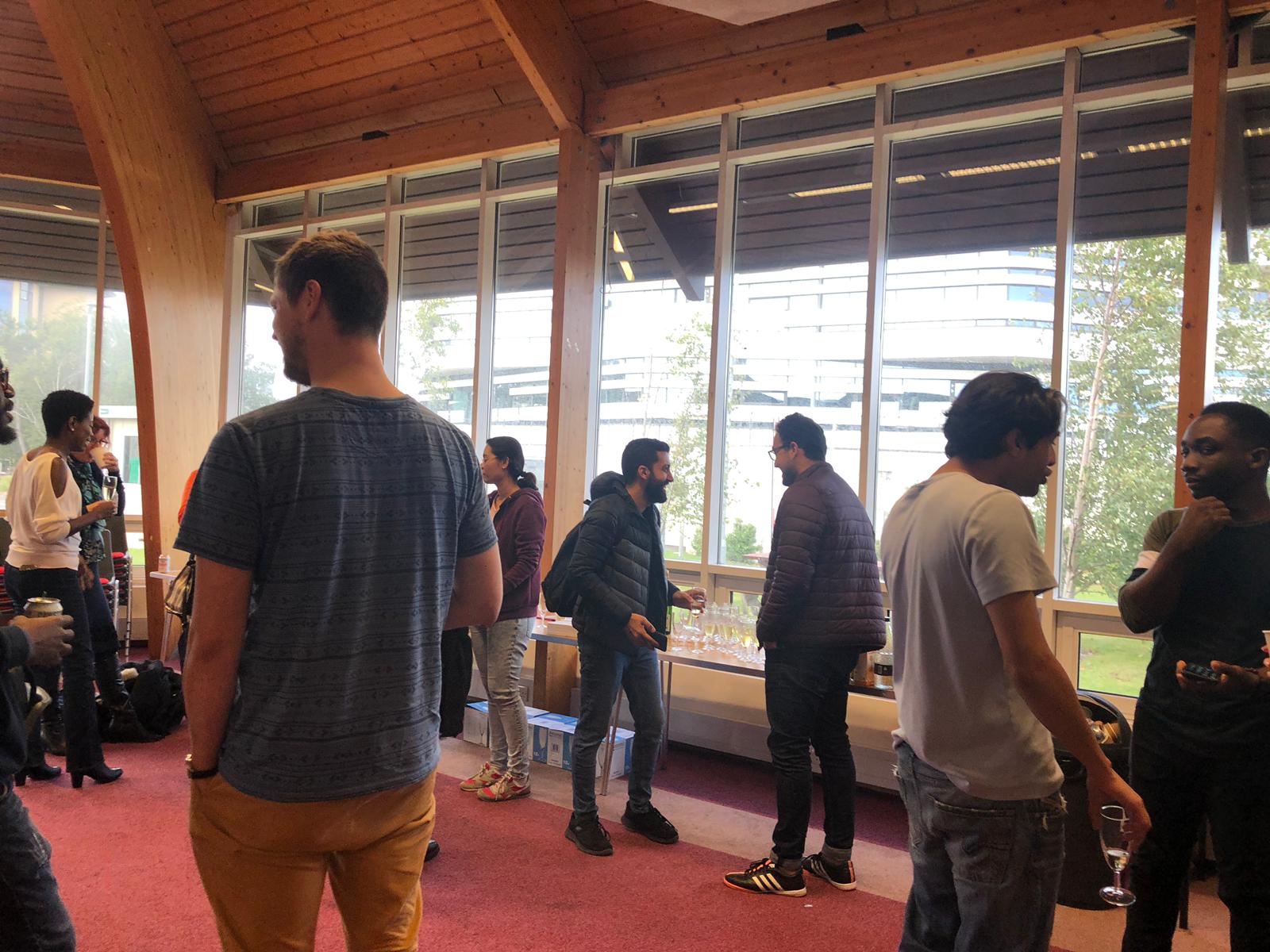

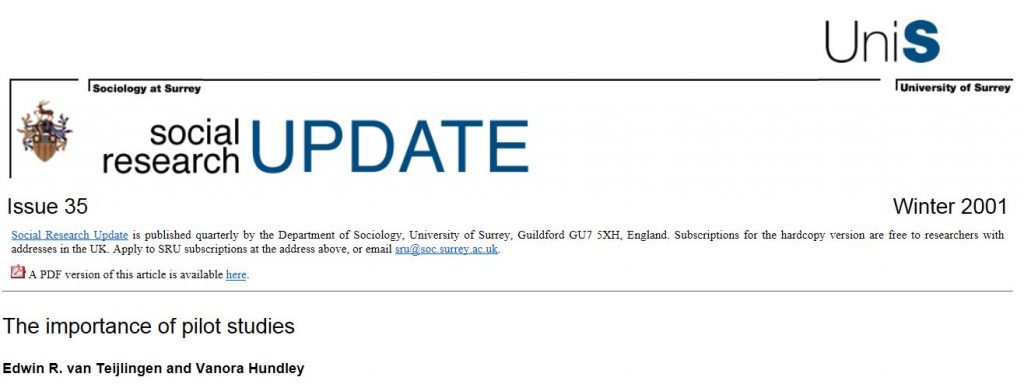
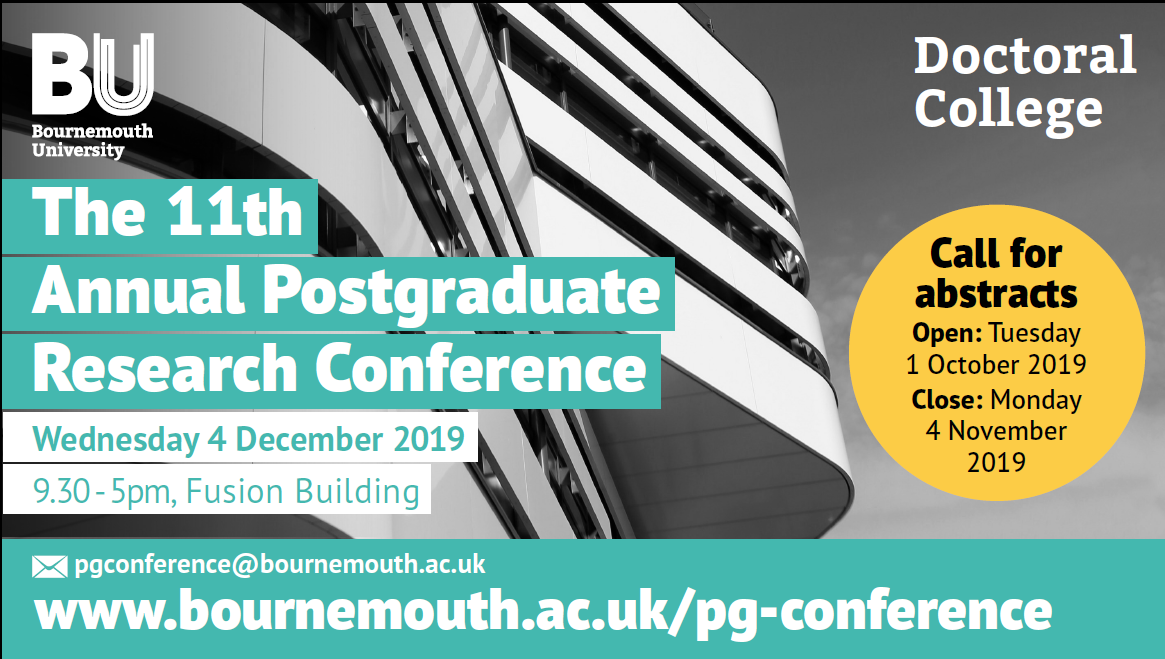







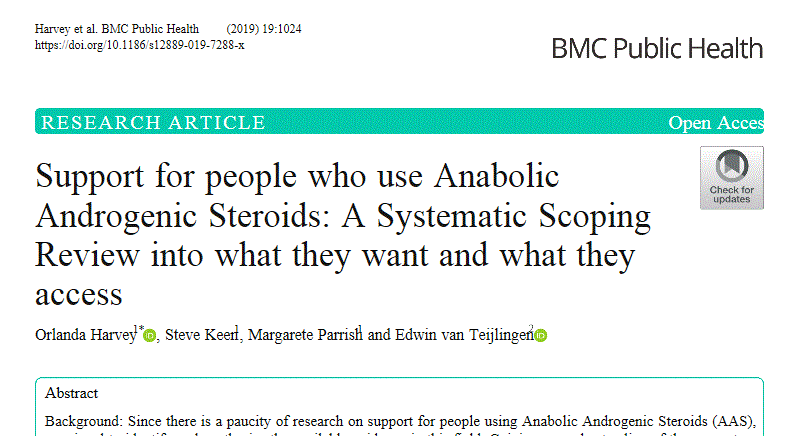





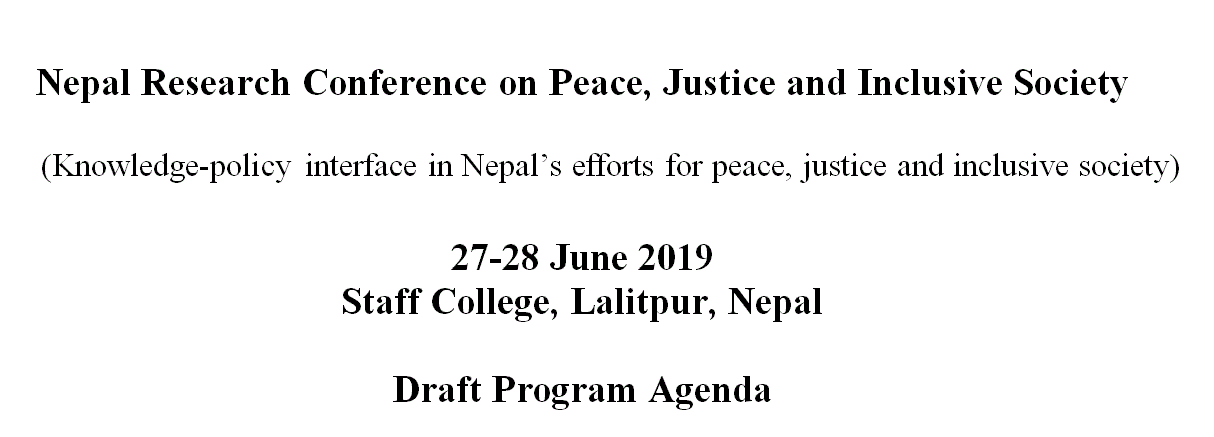
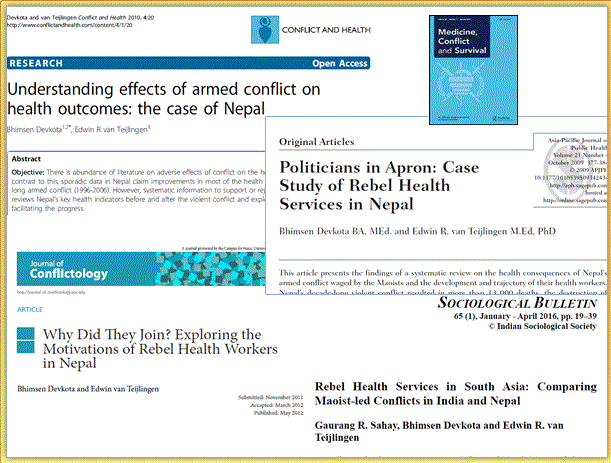
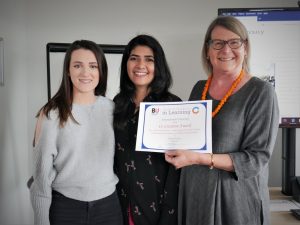
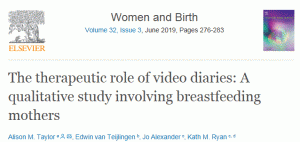
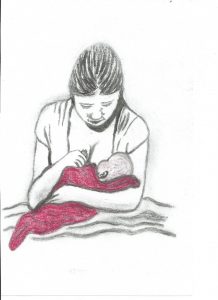
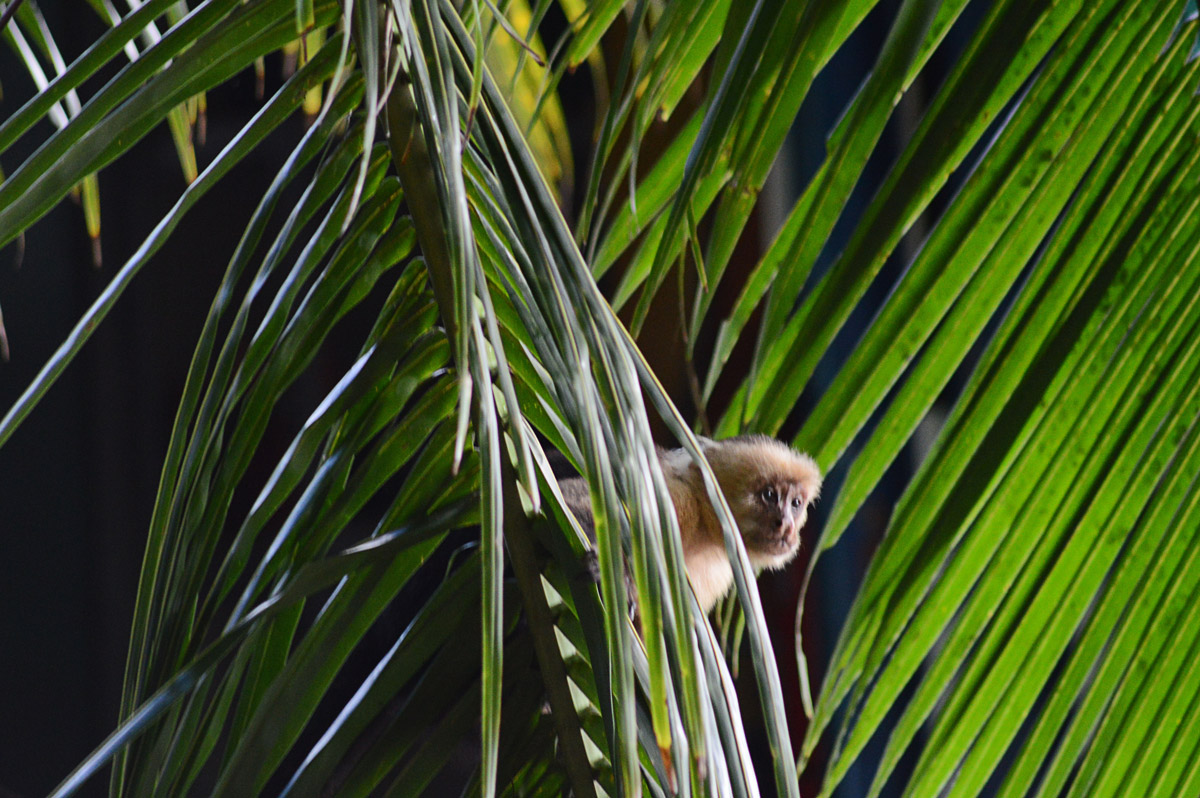
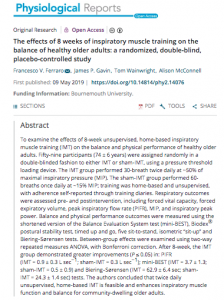 The article titled “The effects of 8 weeks of inspiratory muscle training on the balance of healthy older adults: a randomized, double-blind, placebo-controlled study” has been published by Physiological Reports.
The article titled “The effects of 8 weeks of inspiratory muscle training on the balance of healthy older adults: a randomized, double-blind, placebo-controlled study” has been published by Physiological Reports.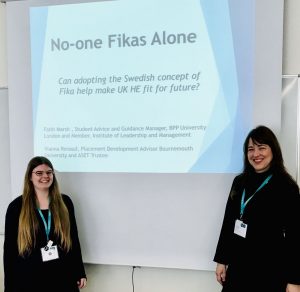 it was a wonderful opportunity to share the key observations and learning gained by my fellow UK delegates during the 2018 AUA Study Trip to Sweden.
it was a wonderful opportunity to share the key observations and learning gained by my fellow UK delegates during the 2018 AUA Study Trip to Sweden.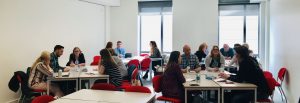 During our conference presentation, my co-presenter Faith Marsh from BPP London and I gave the attendees time to explore at their tables their thoughts on if and how they could foresee implementing a Fika break into their daily patterns. It became very clear that everyone who attended unanimously agreed that whilst a daily break would be frown upon and ultimately impossible, the idea of a weekly or fortnightly staff break would be possible. We discussed how we could all take the initiative forward at our own campuses and given how many of us have been in contact since, we shall see how things progress along the Swedish way!
During our conference presentation, my co-presenter Faith Marsh from BPP London and I gave the attendees time to explore at their tables their thoughts on if and how they could foresee implementing a Fika break into their daily patterns. It became very clear that everyone who attended unanimously agreed that whilst a daily break would be frown upon and ultimately impossible, the idea of a weekly or fortnightly staff break would be possible. We discussed how we could all take the initiative forward at our own campuses and given how many of us have been in contact since, we shall see how things progress along the Swedish way!










 New CMWH paper on maternity care
New CMWH paper on maternity care From Sustainable Research to Sustainable Research Lives: Reflections from the SPROUT Network Event
From Sustainable Research to Sustainable Research Lives: Reflections from the SPROUT Network Event REF Code of Practice consultation is open!
REF Code of Practice consultation is open! ECR Funding Open Call: Research Culture & Community Grant – Apply now
ECR Funding Open Call: Research Culture & Community Grant – Apply now ECR Funding Open Call: Research Culture & Community Grant – Application Deadline Friday 12 December
ECR Funding Open Call: Research Culture & Community Grant – Application Deadline Friday 12 December MSCA Postdoctoral Fellowships 2025 Call
MSCA Postdoctoral Fellowships 2025 Call ERC Advanced Grant 2025 Webinar
ERC Advanced Grant 2025 Webinar Update on UKRO services
Update on UKRO services European research project exploring use of ‘virtual twins’ to better manage metabolic associated fatty liver disease
European research project exploring use of ‘virtual twins’ to better manage metabolic associated fatty liver disease